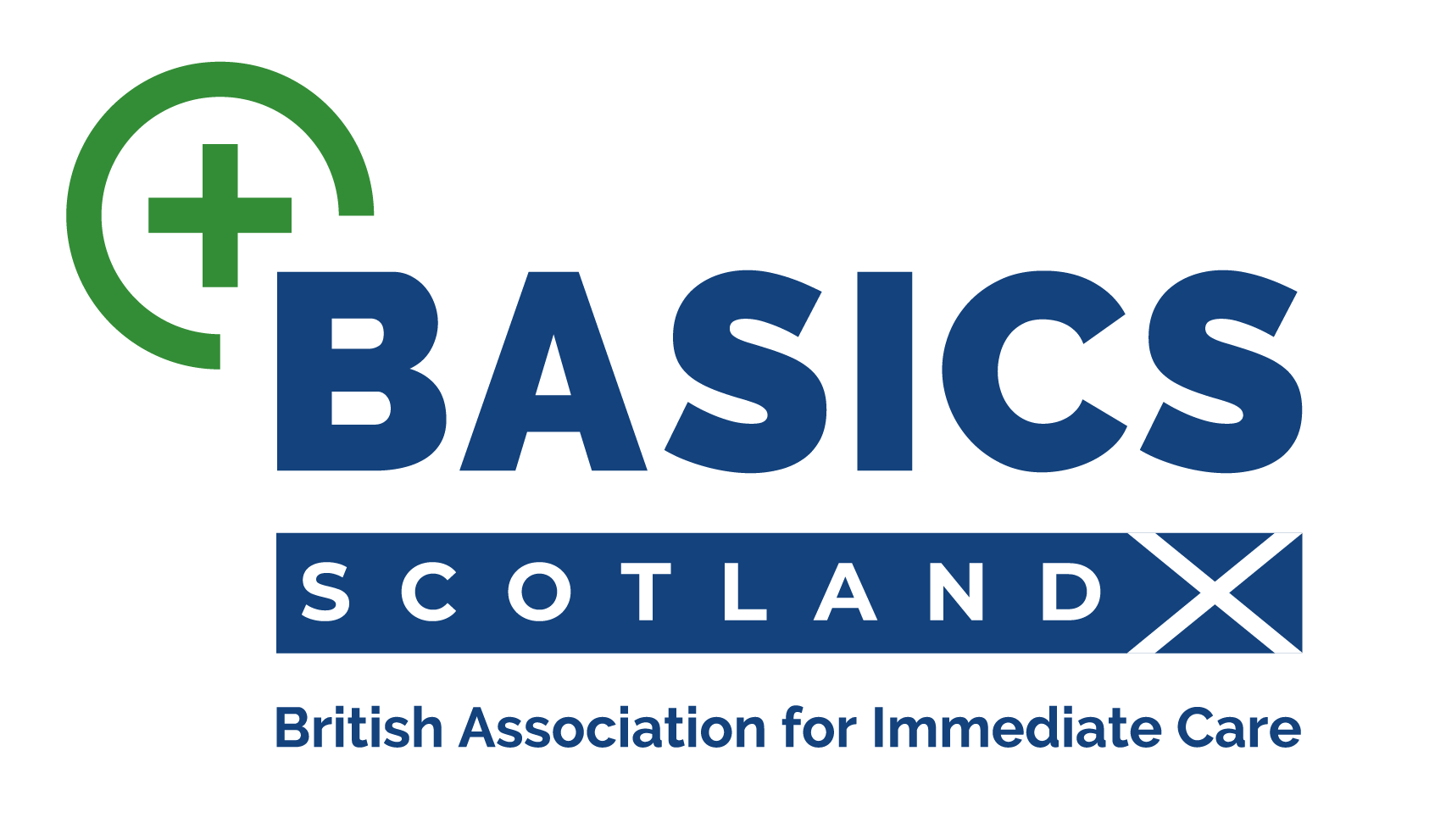Core Skills – Trauma
This is a one-day hands-on course which focuses on the knowledge and skills required to assess and treat a patient suffering trauma in a pre-hospital environment.
We will support you by providing access to our trauma and patient assessment e-learning modules in advance of your face to face teaching session to provide you with all the knowledge you need to attend.
The learning objectives for the day are:
- To demonstrate a structured approach to the Primary survey including identification of relevant life-threatening injuries.
- To identify, treat and manage the patient with a suspected C-spine injury, who is wearing a helmet.
- To practice identification, treatment and management of chest injuries and demonstrate effective needle decompression, considering its benefits and limitations.
- To demonstrate an incremental approach to catastrophic haemorrhage control.
- To demonstrate diagnosis and treatment of pelvic and femoral fractures where the splinting of injuries is indicated.
- To describe the Traumatic Cardiac Arrest (TCA) algorithm and demonstrate clear management of a traumatic cardiac arrest with the HOT protocol.
- To demonstrate appropriate packaging for the patient including use of pelvic binder, scoop, vac mat, collars and insulation for onward transport.
Outline of the day:
The session begins with a facilitated discussion during which we will get to know you, the work you do and your experience of managing and treating a patient who has suffered a traumatic injury, to help us support you through the day.
After a short presentation we start with the basics. You will be given the opportunity to learn to identify external catastrophic haemorrhage and practice management skills in the skills station. We will then help you to assess for a c-spine injury and guide you through the process of Manual In Line Stabilisation (MILS) and helmet removal, supporting you to practise and then consolidate your learning by working as a team through 2 simulated scenarios.
Keeping the skills stations going we take you through chest injury identification and management, before moving to discuss the role of splinting and letting you practice with our pelvic binders and traction splints. Our final skills station introduces the integral role of patient packaging and allow you time to handle and practice packaging equipment.
After lunch we spend the afternoon working through simulated scenarios as a team, pulling your knowledge and skills together. We will work through the care and treatment of the patient suffering trauma from chest injury to traumatic cardiac arrest increasing the complexity of the patient presentations as we progress.
Feedback and debrief is central to all aspects of our day with you and our aim is to leave you more confident and competent in managing the care of the critically ill cardiac patient.
Timetable:
This is a 1-day course, starting at 08.30 with registration and refreshments and ends at 16.30.
Refreshments are provided by BASICS Scotland, however lunch should be brought by candidates.
Cost:
£50 per person per day (this includes access to relevant e-learning modules)
How to book:
Please email courses@basics-scotland.org.uk in the first instance
Number of attendees:
Minimum 3, Maximum 6
Eligibility:
Health Care Professionals responding to or working towards responding in the pre-hospital environment.
What do I need to bring?
Appropriate outdoor clothing and footwear for all weathers.
Hosting a core skills day
If you wish us to come to your location and deliver to your staff please email courses@basics-scotland.org.uk
Wider context
All our educational courses are available to health care professionals across Scotland who have an interest in or are working in the pre-hospital care field. The scope of educational materials ranges from on-line e-learning, podcasts, resource hub, tele-education (adult and paediatric). Core skills face to face teaching, virtual skills training (PODs), our Pre-hospital Emergency Care Course (PHECC) and our Pre-hospital paediatric life support course (PHPLS).
